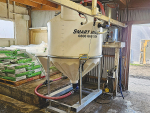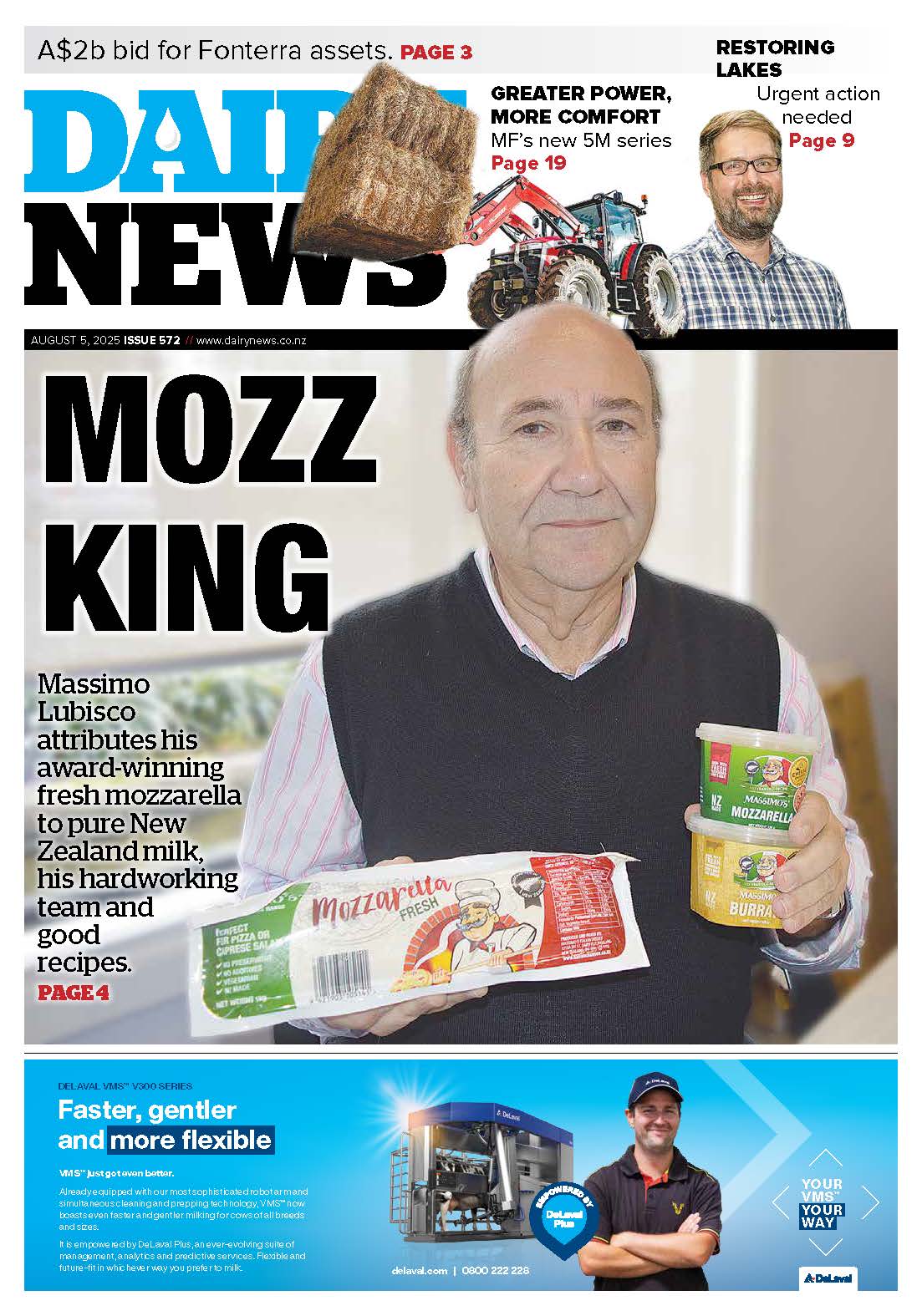The company is a subsidiary of international crop protection company Adama Agricultural Solutions.
Called Phoenix, the product is a critical new tool for NZ cereal growers, says Daren Mabey, commercial manager of Adama NZ. It is altogether new in cereal fungicide (Phthalimide – Group M4), he says.
Its active ingredient Folpet hits the disease at a cellular level using a multi-site mode of action. It inhibits spore germination and cell division and reduces energy production in the mitochondria.
It is classified as having a ‘low’ resistance risk. In fact, no resistance is known to Folpet globally, Mabey says. “Phoenix brings a completely new mode of action to the market.”
Used early season -- the key time to prevent latent diseases such as septoria -- it helps reduce the risk of resistance developing in partner products.
Septoria slashes crop yields, says Adama.
Resistance to Qol fungicides was detected in NZ in 2013, when hit wheat yields hard. In the 2013-14 season, losses of 2-3 tonnes/ha -- even up to 7t/ha -- were reported in crops affected by septoria.
Says Mabey, “Ever since it was confirmed by the Foundation for Arable Research (FAR) that septoria had developed resistance to Qol fungicides, the need for sound resistance management has become imperative.”
This is now critical because the industry is forced to rely on two remaining effective chemical classes.
“There is evidence of reduced sensitivity to DMI fungicides used to control septoria here in NZ,” says Mabey.
“In the UK, they only have 20-30% of efficacy remaining; NZ must protect what it still has. We need a multi-site protectant that prevents further resistance to septoria and at the same time improves the efficacy of single site chemistry. With Phoenix’s three modes of actions you’ve got both.”
Results from trials show that Phoenix is an ideal partner with DMI fungicides such as Stellar for early season application, Mabey says. Phoenix does not inhibit the uptake of tank-mixed DMIs. In fact, studies have shown it enhances DMI uptake into the plant, increasing their speed of action and efficacy.















